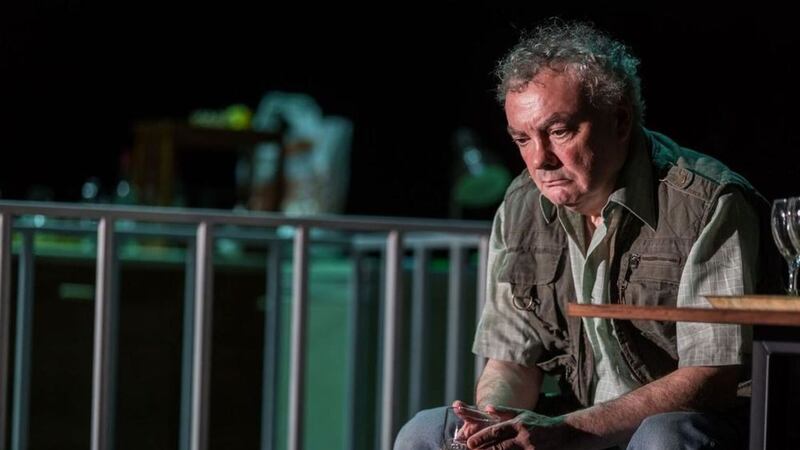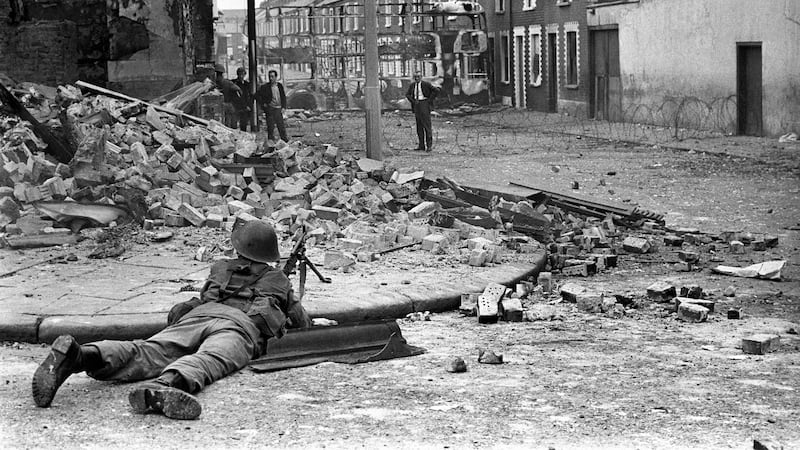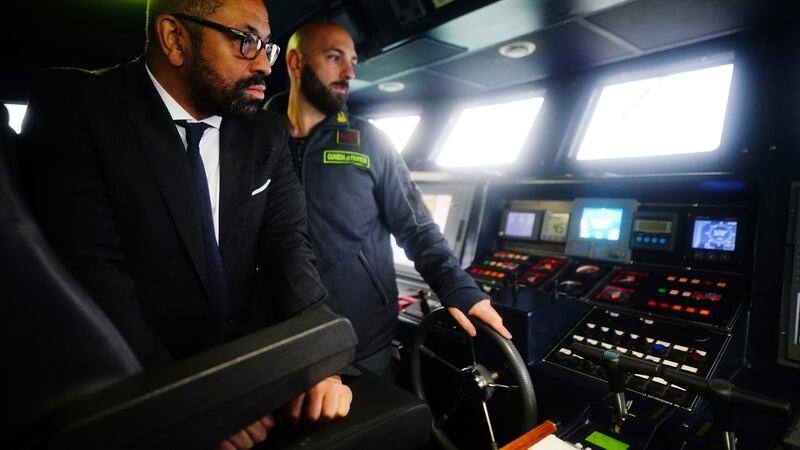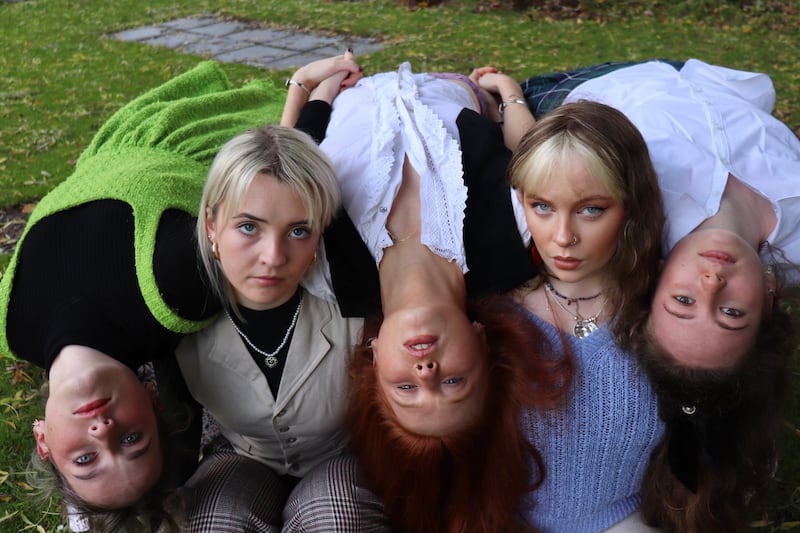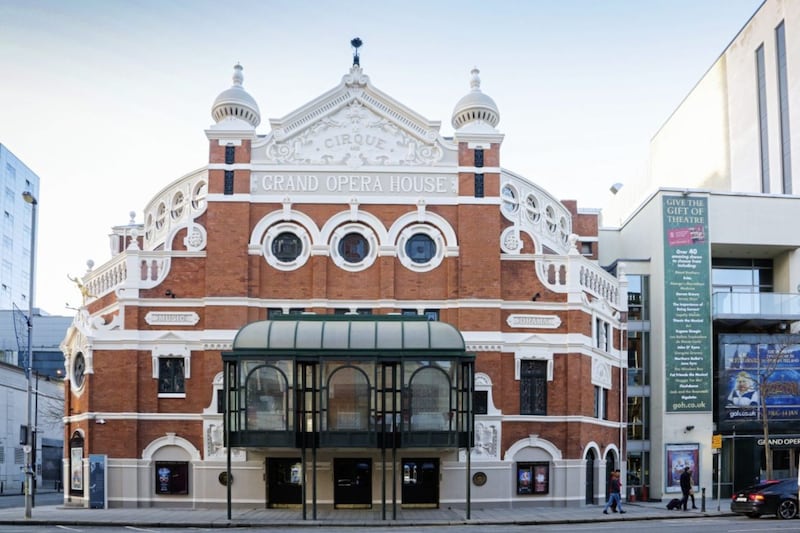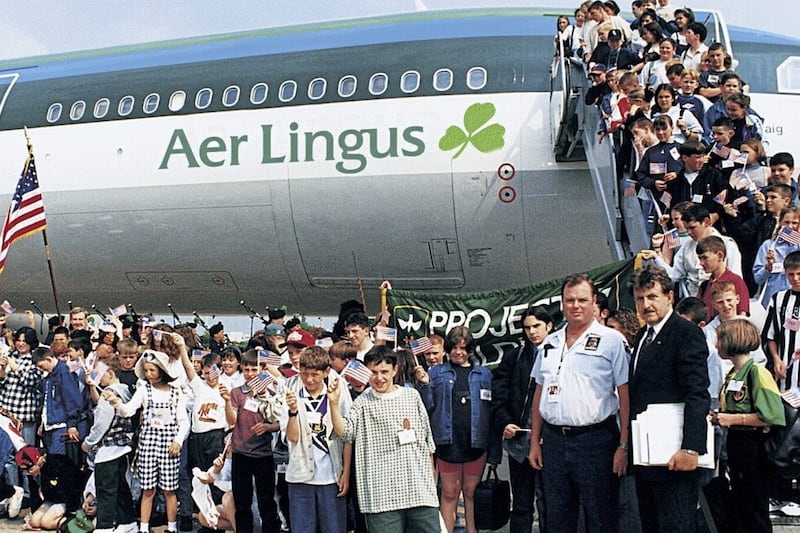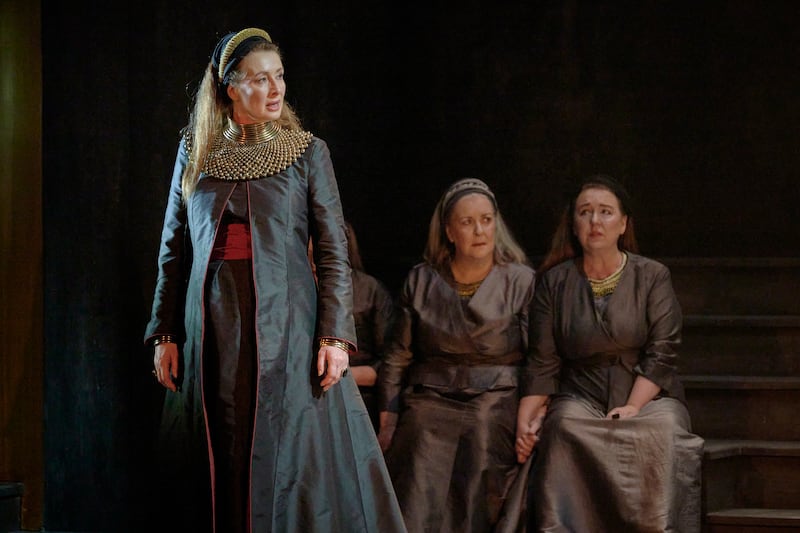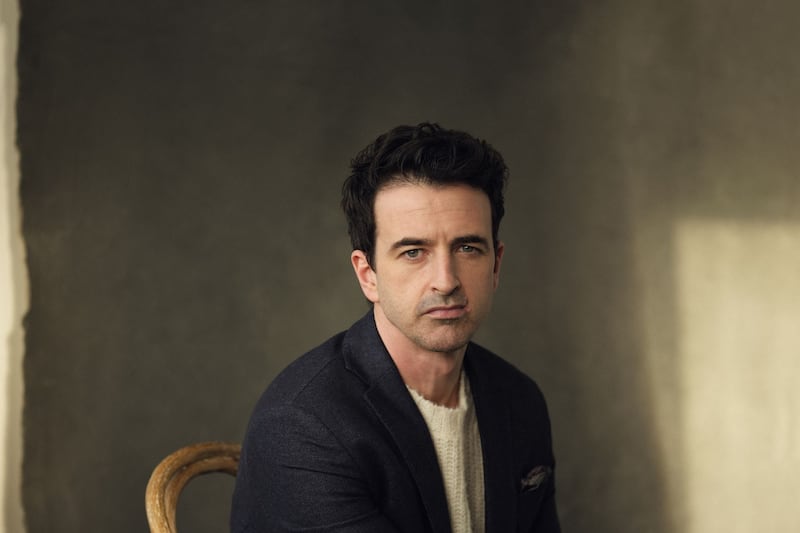You could say Lucy Caldwell's version of Three Sisters, premiered at the Lyric Theatre on Thursday night, is after Anton Chekhov, a long time after Chekhov, in fact, and maybe not entirely successful in its portrayal of a society facing some kind of metamorphosis. The Belfast born novelist and playwright has transposed the 1900 drama set in Russia at the start of the modern era to Belfast in the early 1990s, when the city was in crisis.
We started with a framing device as the sister-in-law, now Chinese born, took us beyond the fourth wall and into the house where all the desperation and longing was about to take place. Shin-Fei Chen as Siu Jing, renamed Jenny by her tactless to racist in-laws, delivered the piece to audience well.
We met Orla the sensible and Marianne the feckless and Erin, the young and beautiful sister whose eighteenth birthday is being celebrated, and a chasm opened up. The break was between the worlds of Chekhov, who as in The Cherry Orchard was charting massive political and emotional shifts to do with Mother Russia, and Ms Caldwell.
She's a superb novelist but here seemed slightly to have lost her touch. It was problematic for example to shift the original sisters' famous longing for Moscow, their historic salvation, to the modern sisters' hankering after the USA.
After all, they could have simply flown over. And if you were thinking of Brian Friel's Philadelphia, Here I Come, you were getting a reference, but the reality from the stalls this time wasn't so comfortable. One slight mismatch seemed the divergence in types of the three siblings. Orla, a music teacher at times acted con brio by Julie Maxwell was much coarser than the other two. Marianne (Christine Clare) was a willowy soulful number, often in black, and Erin (Amy Blair) the initial ray of sunshine.
Of course, chez Chekhov and indeed Caldwell, nothing is terribly happy and the themes of loss of parents and of home, typical Russian theatrical tropes, were worked out. There was plenty of despair, but also some brief stints of humour.
The philosopher Vershinin (Tim Treloar) still went on about the nature of happiness and the fleeting world but he seemed to be more attuned to the original drama.
Uncle Beattie, a comic and poignant turn well acted by Niall Cusack, came from a different play, probably by O'Casey, but he had genuine energy.
The second half was quite moving in places, with more loss and philosophising. Marianne's jaunty and traduced husband, the DJ Cool (Patrick McBrearty) rode the storm while everything collapsed around the family. There was politics too, with English squaddies deploying genuine Brit coarseness, and there was music.
Unfortunately, I was lucky enough to see Trevor Nunn's RSC production back in the day with Ian McKellen as Andrei and among the cast the likes of Suzanne Bertish, and that was a hard production to equal.
